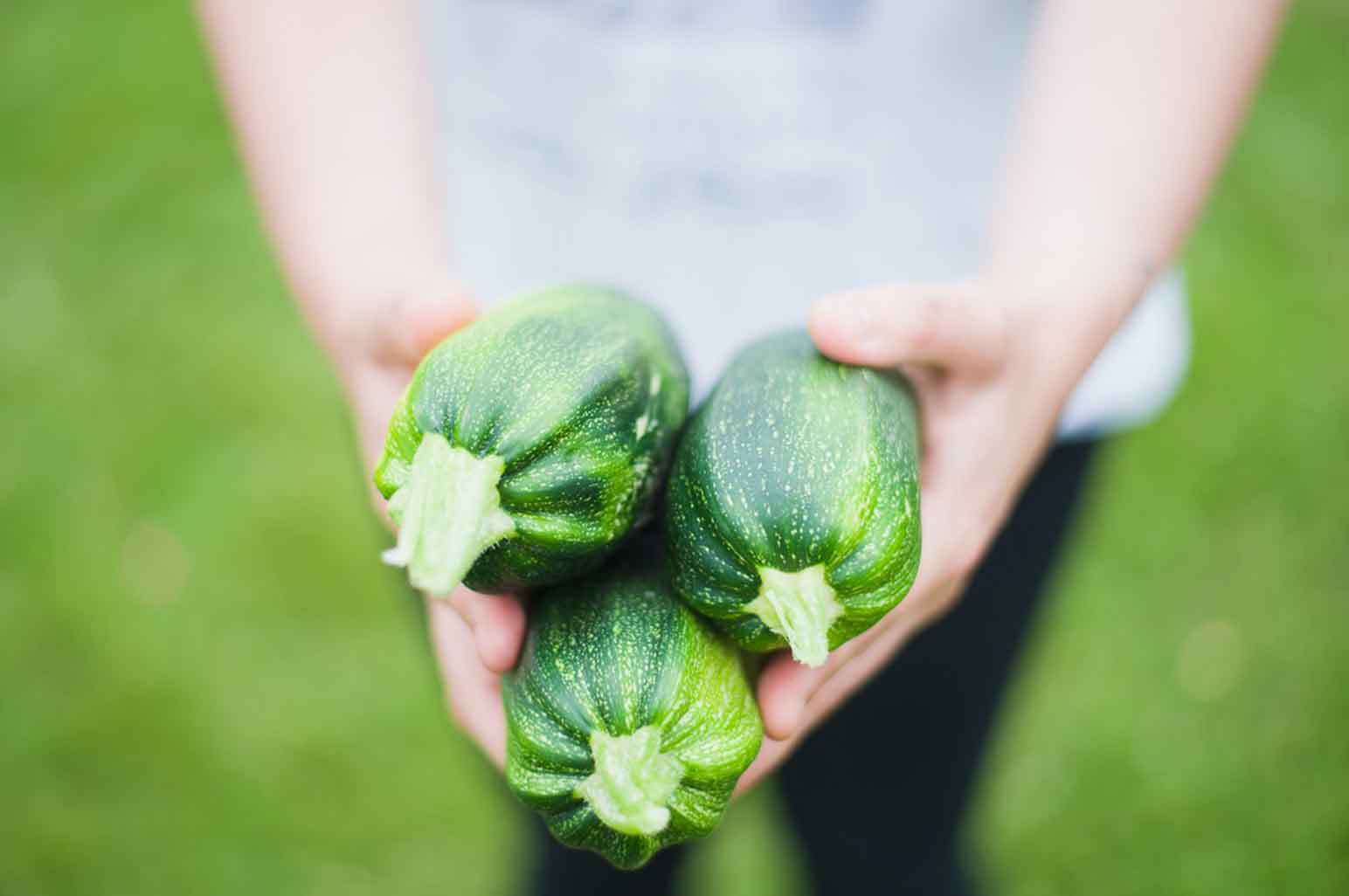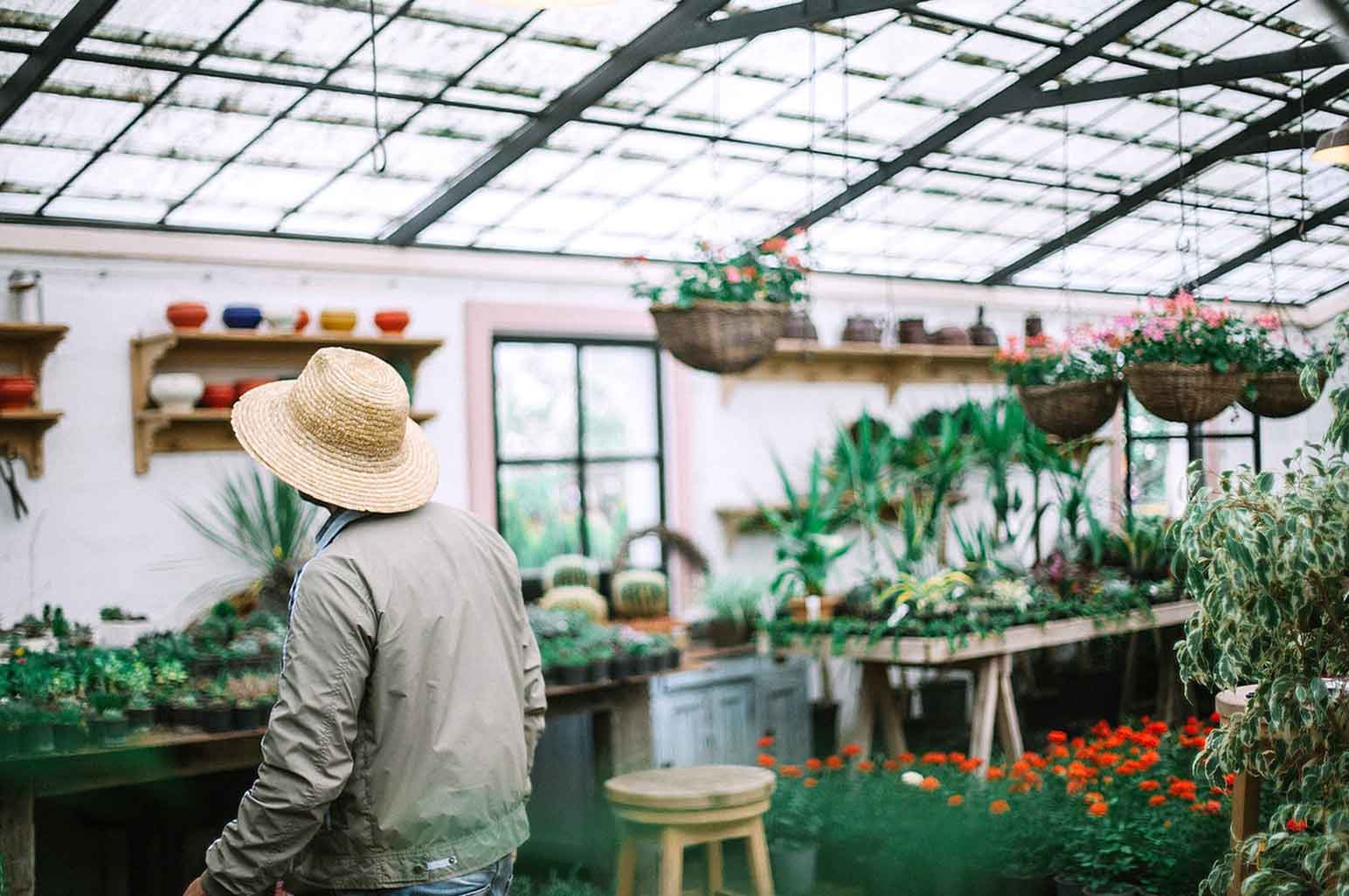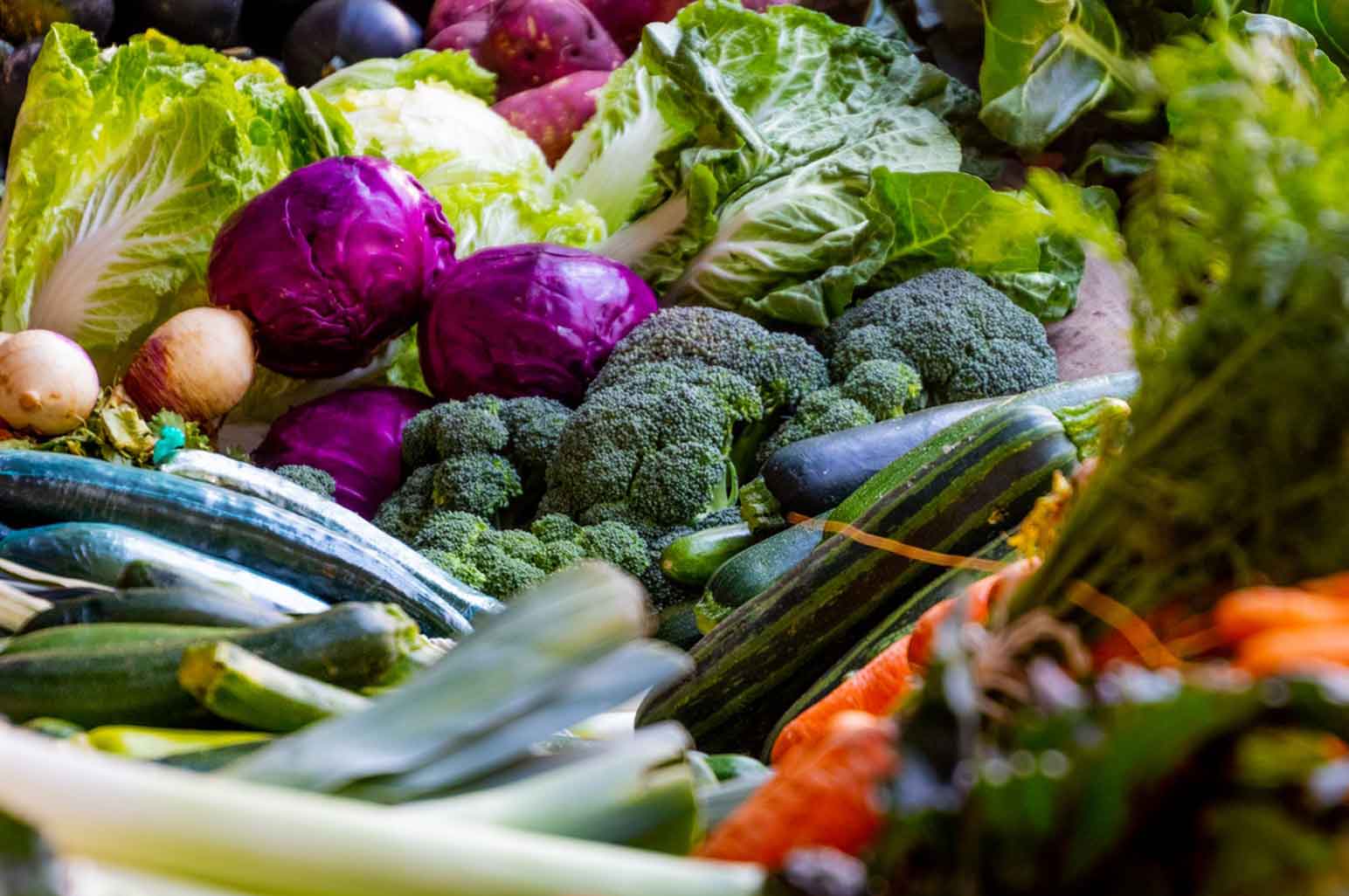Nowadays it can be frustrating to not know where your food is coming from. Maybe you are concerned about toxins or preservatives, or maybe you are looking to ensure your family is eating the most healthy and organic foods.
There are easy ways you can grow your own food at home, be it herbs, spices, or vegetables. With many experienced references available it can be easy to get lost in the information and feel overwhelmed with your choices, but you don’t have to be an expert to begin the process, with anything it is step by step and a learning process.
Don’t allow an overflow of information to make you feel intimidated, you can easily grow your own plants at home.
Here are some simple steps to help you in the process of growing your own herbs and vegetables from the comfort of your own home!

WHY IS HOMEGROWN FOOD A GOOD OPTION?
Growing your own food at home can be a great choice, for many different reasons.
Homegrown vegetables will often have more nutritional value and less contact with pesticides and preservatives. If you are conscious of your family’s carbon footprint, growing food at home is also a great way to lower your environmental impact.
Growing your own food at home can also reduce your living costs, as it alleviates the need to buy staple vegetables from the store. This will save you time and money, as you will no longer have to shop for food or use your car to transport you to the market.
If you choose to grow your food at home, there are some great ways you can enhance your growing skills and knowledge.
1. INSTALLING A GREENHOUSE
If you are a serious gardener and are looking to feed your family with homegrown vegetables, a great decision to make is to install a greenhouse on your property.
Greenhouses provide a different level of protection to your food, and allow the perfect environment for your plants, from seedlings to sprouting to ready to harvest vegetables.
Greenhouses can be an easily affordable solution, can help maximize the space you have available to grow, and can ensure your growing seasons are year-round. This will alleviate your need to purchase vegetables and supply you with a sustainable source of food throughout the year.
While it may seem like a large undertaking, a greenhouse can be purchased and installed with professional help and advice, or you can construct your own DIY greenhouse.
No matter your budget or experience level, installing a greenhouse is a great option to ensure the successful growing and harvesting of your own foods.

2. FERTILIZATION THROUGH COMPOSTING
A great way to ensure you are maximizing your growth potential is to ensure proper fertilization of your plants. This can be difficult, especially if you are looking to have a wholly organic growing operation.
If you want your food to be completely organic, without the use of chemical fertilizers, installing a composting bin or enclosure can give you what you need to ensure your soil is rich in nutrients, but without chemicals.
Preparing compost is also a great way to reduce your waste, as you will be able to put all your household organic waste in the compost, to be converted to fertilizer and enrich your soils.
No matter how experienced you are with gardening, the basics are always important, and before you begin planting anything your soil must be well fertilized and well prepared. You wouldn’t want to spend all your time planting in dead soil, just to have your plants and vegetables die before you can consume them.
Installing a compost bin is very easy, all that is required in an area to compost, some earthworms, and a good soil foundation to add your waste to. Compost is a viable option year-round, as the chemical process of deconstructing your organic waste naturally heats the area, and while you have to turn the contents every couple of days, the natural heat process from decomposition will keep your compost soil rich and malleable throughout the year and seasons.
If you are consciously trying to reduce your carbon footprint and provide the most wholesome and natural food at home, you can begin doing so easily. Most vegetables that are mass-produced nowadays will have chemical fertilizers, pesticides, be treated with preservatives, and can lose many of their nutrients in the shipment and storage process.

Save yourself some money and time by reducing your trips to the office. Grow your own vegetables at home and rest assured that your family is consuming the most nutritious and delicious vegetables, grown right in your own backyard.
